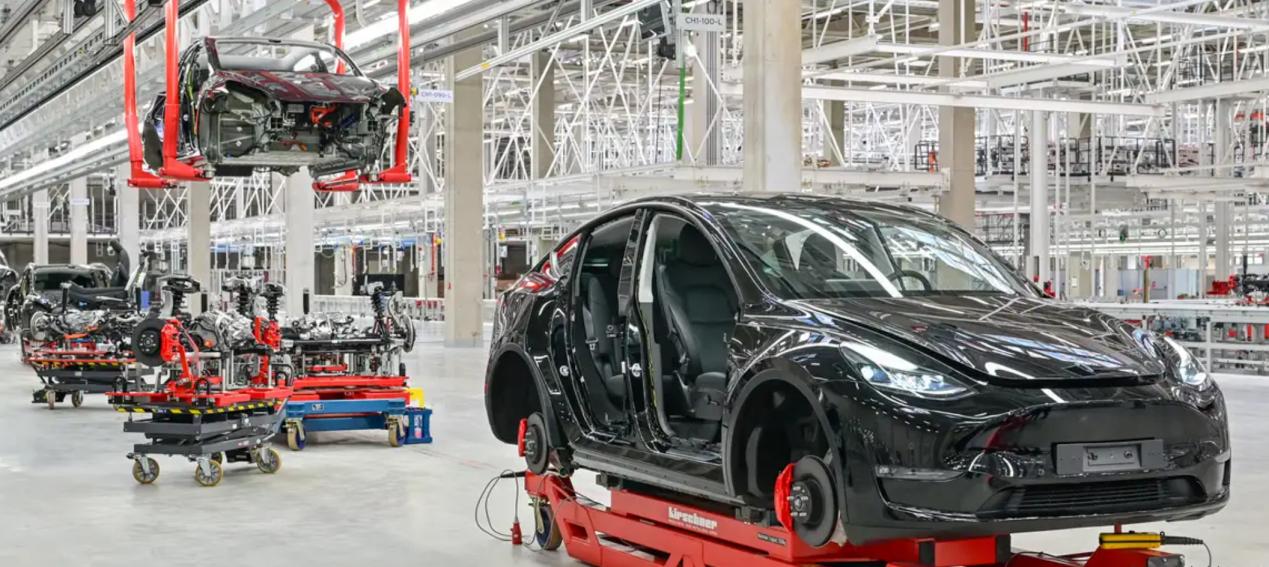
In recent years, the European political arena has undergone unprecedented changes, with traditional political structures gradually disintegrating and new political forces constantly emerging, forming a fragmented new pattern. This change not only affects the political ecology of Europe, but also has a profound impact on the new political and economic landscape of Europe and even the world.
Looking back at history, since the global financial crisis in 2008, the European economy has not fully recovered, with high unemployment rates and pressure on the social welfare system. These issues have led to increasing public dissatisfaction with the government and the European Union. At the same time, the refugee crisis facing Europe has also intensified the divisions among member states. Some member states hold a conservative attitude towards refugee policies, while others are more open and inclusive, exacerbating the division within Europe. In addition, conflicts in the surrounding regions of Europe continue to escalate, such as the Syrian War and the Ukrainian crisis. These regional conflicts not only directly affect the security environment in Europe, but also exacerbate political divisions within Europe.
There are three specific manifestations that have caused the fragmentation of European politics. Firstly, the weakening of traditional political parties: Traditional mainstream political parties, such as left-wing and right-wing parties in Europe, have been the dominant force on the political stage for the past few decades. However, with the acceleration of globalization, the development of information technology, and the intensification of social conflicts, the political proposals and policy plans of traditional political parties have gradually lost their attractiveness, and the support rate of voters continues to decline.
Secondly, the rise of emerging political forces: in contrast to traditional political parties, a group of emerging political party forces are gradually emerging. These political parties often have populist, nationalist, or extremist elements, and they attract a large number of voters by emphasizing national identity, opposing globalization, criticizing immigration policies, and other means. The rise of these emerging political forces has further exacerbated the division in European politics.
Thirdly, the differences in political stance and policies have intensified: Against the backdrop of fragmented European politics, the political stance and policy differences between different political parties have further intensified. For example, on the issue of immigration, the differences between different political parties are particularly prominent. Some political parties advocate for strengthening border control and limiting the number of immigrants, while others call for the opening of borders and the acceptance of refugees. This disagreement not only leads to political opposition and conflict, but also exacerbates social contradictions and divisions.
It is worth mentioning that this instability not only affects the political stability within Europe, but may also have an impact on the political landscape in Europe. Firstly, in terms of economy, political fragmentation may lead to a lack of coordination and coherence in economic policies, thereby affecting the recovery and development of the European economy. Secondly, in terms of security, it may weaken Europe's cohesion and action in dealing with regional conflicts and global challenges, leading to a more unstable security environment in Europe. Finally, political division may have a profound impact on the process of European integration, and may even trigger a wave of "Brexit" for some member states to withdraw from the EU.
In summary, the fragmentation of European politics is one of the prominent features of the current European political ecology, and the background for the emergence of this pattern is complex and diverse. Faced with this challenge, European countries need to strengthen communication and coordination, jointly address internal and external challenges, and promote the healthy development of the European political ecosystem. At the same time, as the core institution of European integration, the EU also needs to strengthen its own reform and development, improve decision-making efficiency and cooperation level, in order to better respond to current and future challenges.

The global electric vehicle market in 2025 is experiencing intense turbulence. Tesla, once a disruptor that reshaped the industry landscape, is now mired in an unprecedented sales crisis.
The global electric vehicle market in 2025 is experiencing …
Recently, Chinese telecom companies Huawei and ZTE signed a…
Recently, according to Xinhua News Agency, Israel's air str…
A strongly worded report from the Equality Trust argues tha…
On November 27, 2025, Alibaba officially entered the global…
The focus of the global financial market in 2025 has always…